
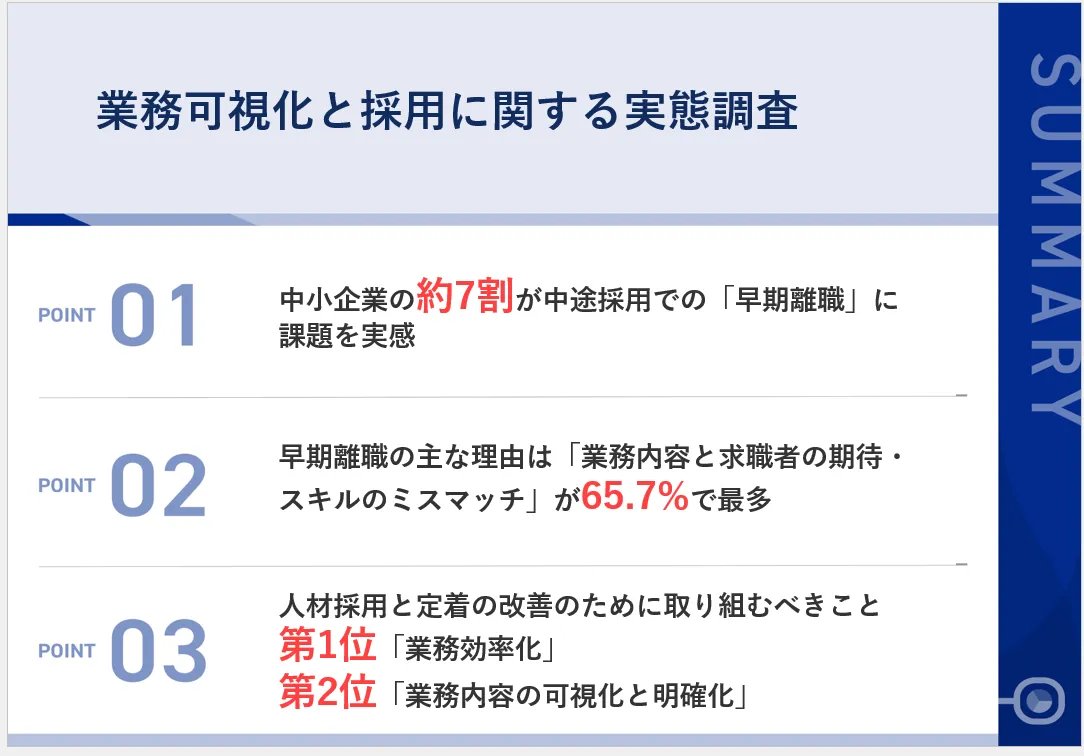
The Alarming Trend of Early Departures in Small Businesses: Insights from a Recent Survey
Understanding the Issue of Early Departures in Small Businesses
Recent research conducted by the Salary Up Research Institute has shed light on a significant challenge faced by small businesses, particularly regarding employee retention rates within the first three years of employment. The study, which surveyed 103 executives from small enterprises regularly engaged in hiring, found that a staggering 65.1% of these executives feel that early departures of employees represent a critical issue for their organizations.
Key Findings
One of the primary reasons identified for these early departures is the mismatch between the skills and expectations of job seekers and the actual job content. An alarming 65.7% of respondents reported this as the leading cause, indicating a severe gap in expectations versus reality in job roles. Additionally, 40.3% cited problems with workplace relationships, and 32.8% mentioned a misalignment with the company's vision and values. This situational context suggests a troubling disconnect that must be addressed for small businesses to retain their talent effectively.
Lack of Job Transparency
The survey also highlighted that many small businesses are struggling with a lack of transparency in their operational processes. Approximately 40% of respondents indicated that their departments have not sufficiently defined job roles, workflows, or the skills required for each position. This undoubtedly leads to confusion among potential candidates, as they cannot accurately gauge whether their qualifications will meet the job standards and expectations upon hiring.
Importance of Goal Setting
Moreover, when asked about clarity in setting goals for employees, it was found that over 30% of respondents deemed their goal-setting practices as unclear. This lack of clear direction may contribute further to early exits by leaving employees feeling unsupported and uncertain about their professional pathways. Existential questions regarding the roles they play can lead to disengagement, as employees may feel they are drifting without clear professional goals.
Recommendations for Improvement
To ameliorate these retention issues, the survey results advocate for two primary areas of focus: improving operational efficiency and enhancing the visibility of job roles and responsibilities. With 53.4% of executives underscoring the need for operational efficiency improvements, it is clear that optimizing processes would not only enhance productivity but also create a more fulfilling environment for employees. Furthermore, clarifying roles (38.8%) and adopting technology to drive digital transformation (35.9%) suggests that small businesses should look towards innovative solutions to improve job clarity and employee satisfaction.
Looking Forward
The upcoming seminar titled "The Real Reasons Behind Hiring Struggles: Changing Retention and Recruitment through HR Digital Transformation" aims to delve deeper into these findings. Scheduled for May 21 online, it expects to share insights on how operational visibility, job clarity, and improved employee evaluation systems can significantly alter the current retention landscape facing small businesses.
Conclusion
Ultimately, the research conducted by the Salary Up Research Institute shines a light on the urgent need for small businesses to reevaluate their hiring processes and enhance clarity in job responsibilities. Tackling issues such as employee dissatisfaction and operational obscurity could pave the way for more robust talent retention strategies, leading to healthier workplace cultures and sustained business success. The exploration of these dynamics will be crucial not just for improving retention rates, but for fostering an environment where employees feel valued and understood – a fundamental shift necessary in today’s fast-paced work environment.
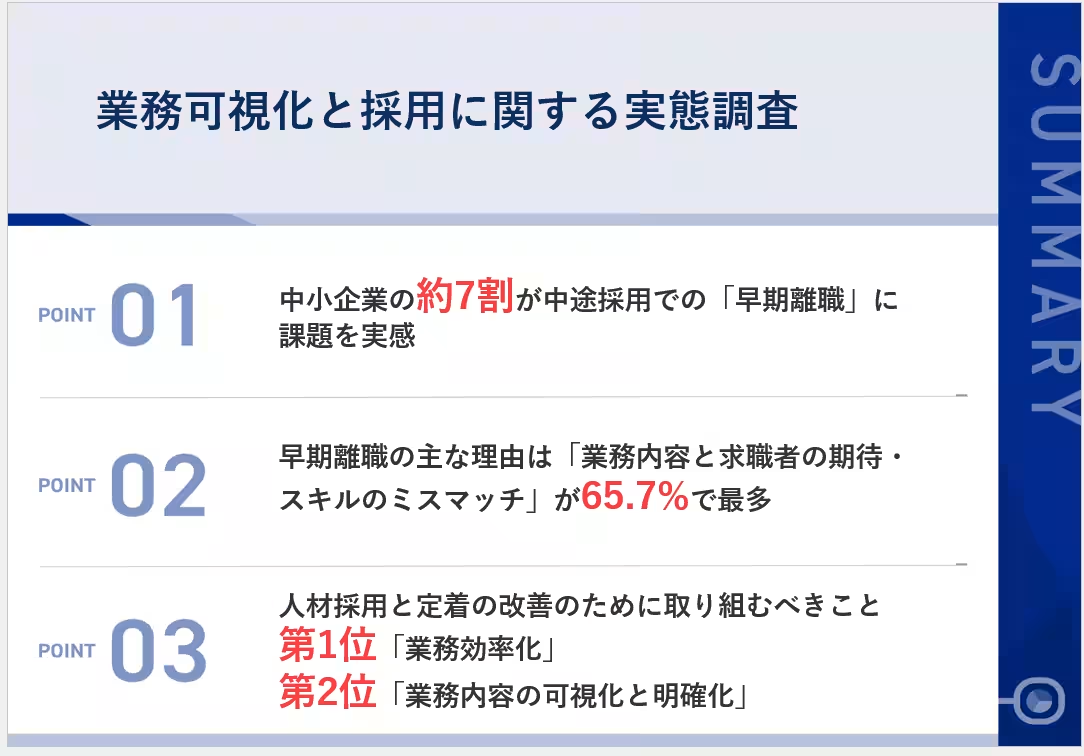
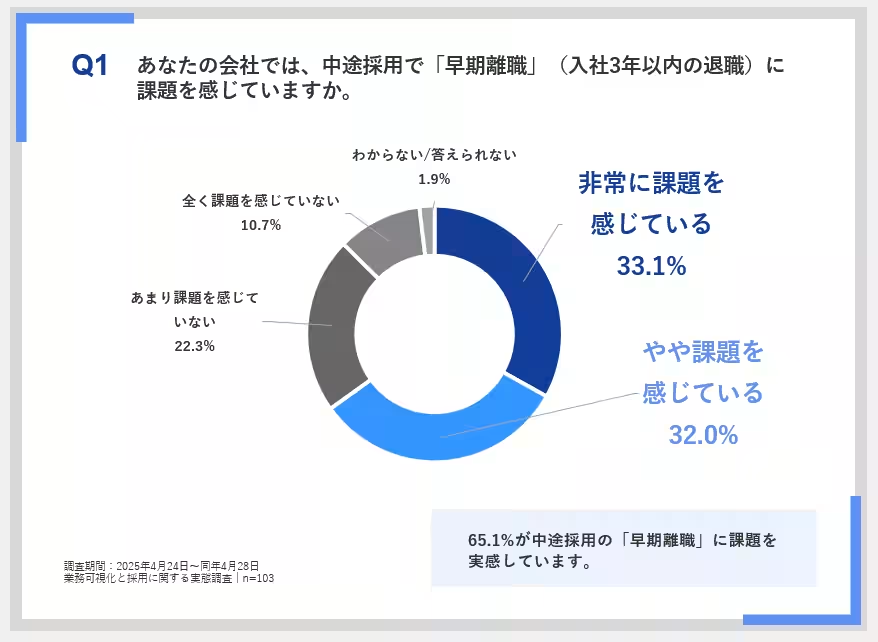
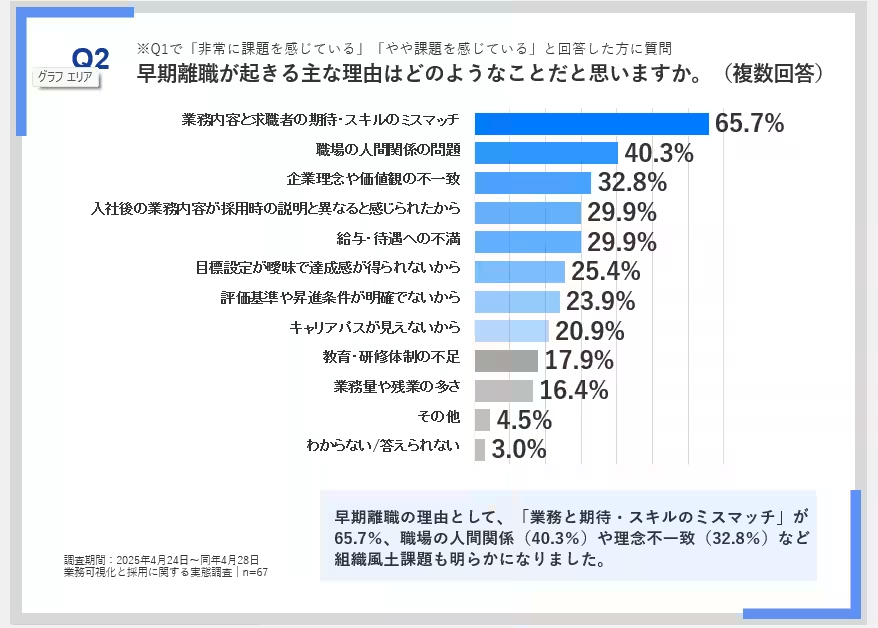
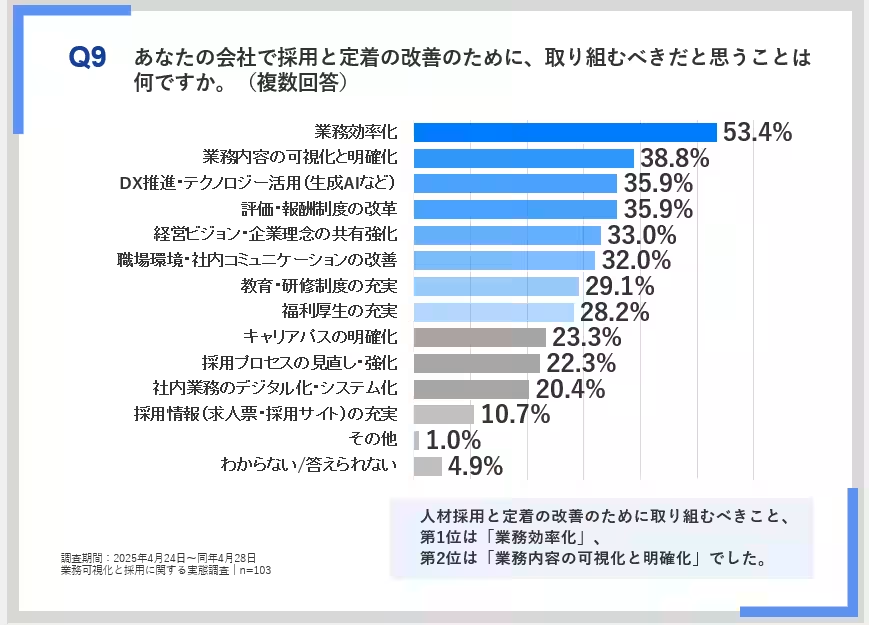
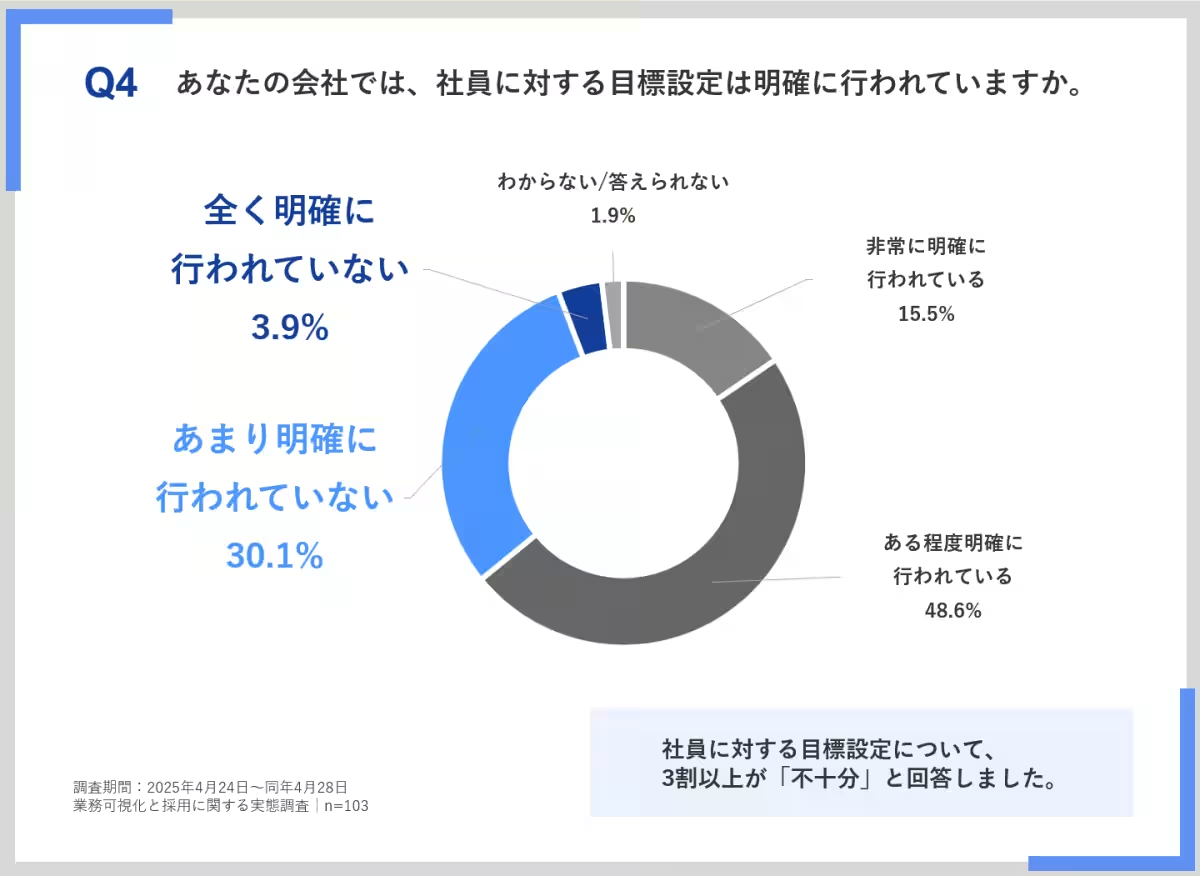

Topics Business Technology)










【About Using Articles】
You can freely use the title and article content by linking to the page where the article is posted.
※ Images cannot be used.
【About Links】
Links are free to use.